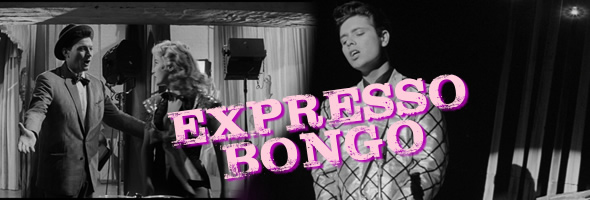
His compulsion towards success marred work that with more attention and time would have been better, but he became stoical about that at the end. The works that are likely to survive longest, and which are most often revived in small theatres by such enthusiastic character actors as Leonard Fenton, are the early plays, and The Irish Hebrew Lesson (1978), written about the Black and Tans, although the author had the IRA in mind. Much of his work shows an ironic sense of humour, an understanding of human motivation and weakness, and a compassion for those unable to rise from the underside of society. Wolf Mankowitz was a man of many parts with a voracious appetite for knowledge, an outgoing personality, attracted to women, a good talker, with an underlying interest in philosophy which developed particularly during his illness from cancer in his last years.

In 1953 he had published his definitive book, The Portland Vase and the Wedgwood Copies, which paid much attention to the copies of that famous Greek antiquity made by Josiah Wedgwood.

Haggar) the editor of the Concise Encyclopaedia of English Pottery and Porcelain (1957). His experience came from working in street markets, then in his own lock-up shop, a practical schooling that he put to good account, becoming both a scholar and (with R.G. When London first became aware of him as a writer in the early 1950s, he had already made a name for himself as a dealer and authority on antique porcelain, especially Wedgwood. Joan Littlewood, Steven Berkoff and Mark Anthony Turnage are just a few of the names that spring to mind, but even among such exceptional people, Wolf Mankowitz stands out as a strong and individual voice. Some have made their careers in the commercial and financial worlds, while the very significant contributors to the arts have tended to be many-faceted. THE JEWISH community of London's East End has produced an amazing variety of talent.


 0 kommentar(er)
0 kommentar(er)
